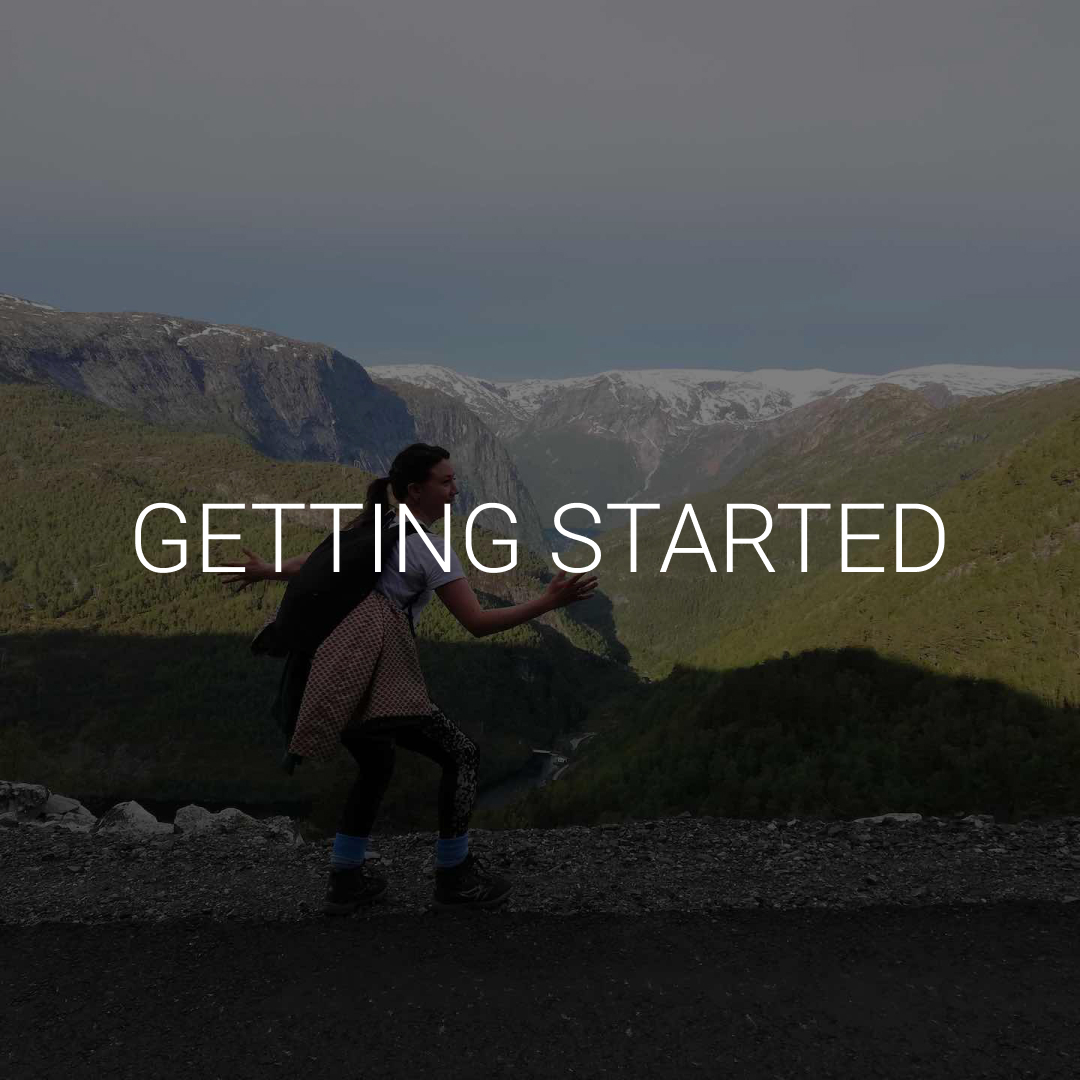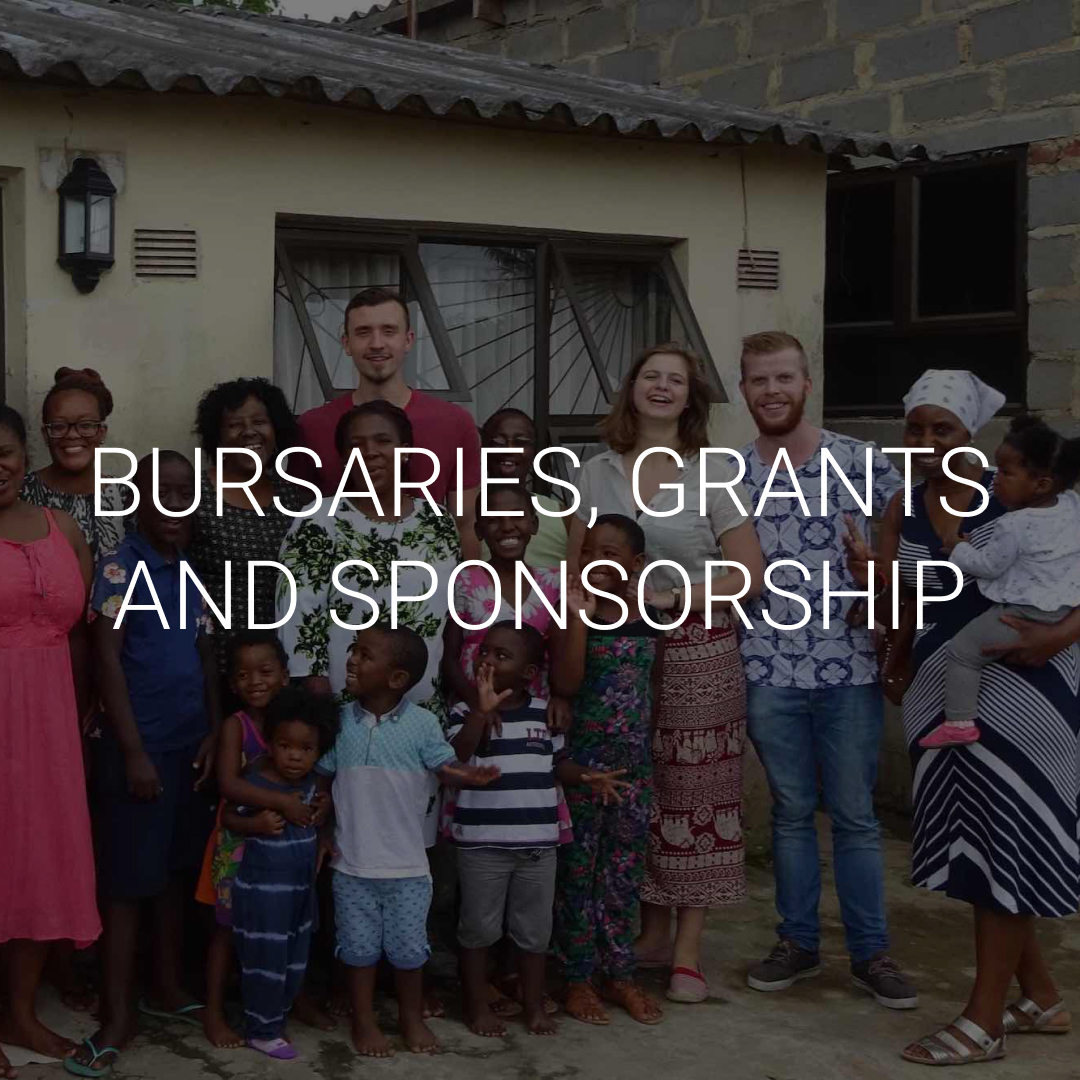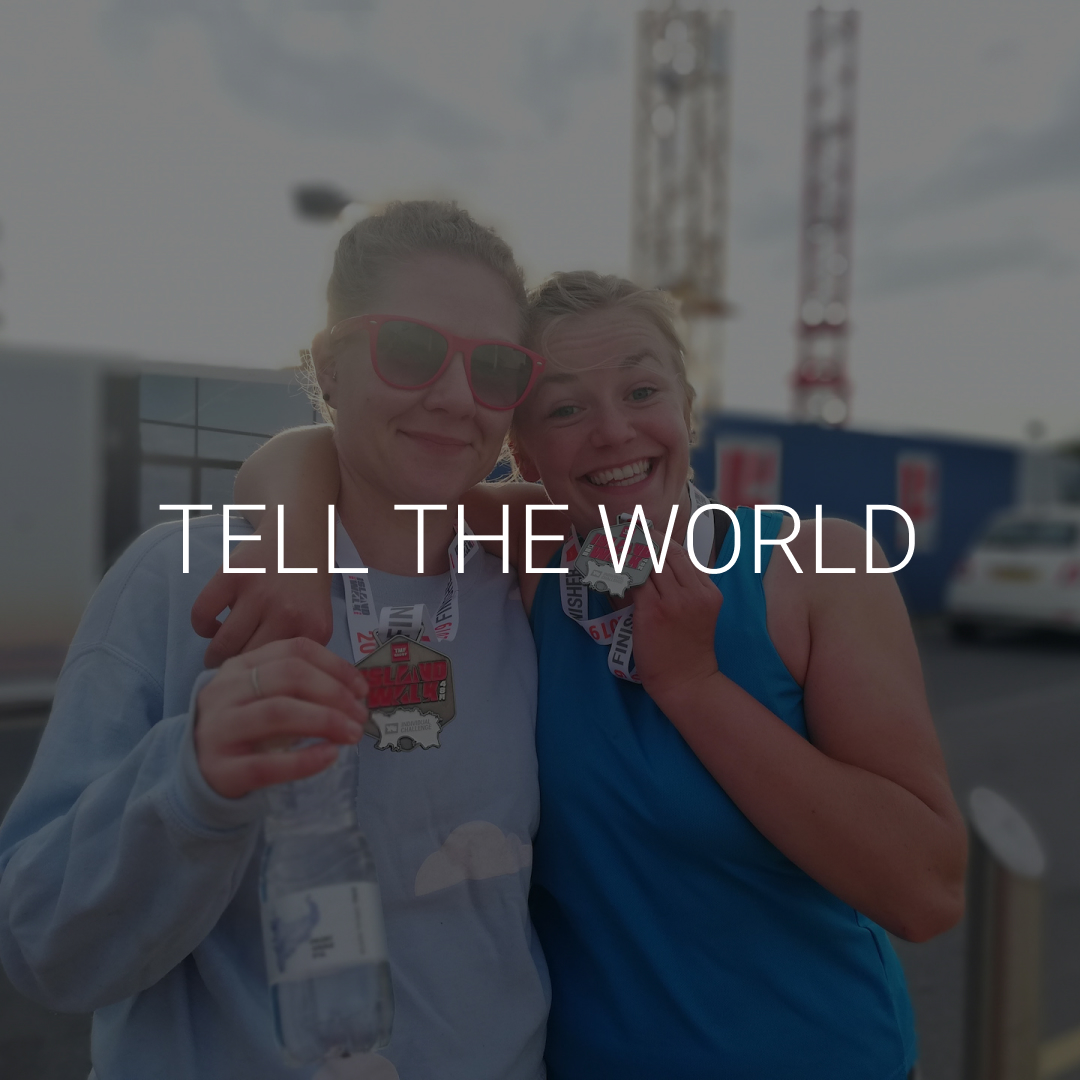BURSARIES, GRANTS AND SPONSORSHIPS
help in hand
We will let you into a little secret: fundraising isn’t all about cake sales and running marathons! There is a little help in hand, and it comes in the form of bursaries, grants and sponsorships. It’s not the full golden ticket, but it really helps towards your dreams.
bursaries & grants
There are usually lots of bursaries and grants available to students. Whether it’s research funds, development trusts or philanthropic donations made to the university to support aspiring students – there is an opportunity to tap into extra pots.
You can find some examples of university grants and bursaries below. There are often specific deadlines for when to apply, so it’s good to start the research process early.
HOW DO I START?
Speak to your course supervisor or manager. There is usually a careers advice service, or volunteer and travel service in each university. Some departments have their own.
Your university might have a specific travel bursary for volunteer trips abroad, so ask your course leaders as a starting point.
Each bursary, trust, and grant-making body will have different criteria. Vocational Impact can help you complete the paperwork for this once you have registered with us. Our main advice is to focus on one funding body at a time. Many will ask if you are applying to others, so be careful not to kill your chances by not being focused enough.
You will need to provide the specific details of the placement, and your reasons for undertaking one – remember our list of what to include on our Tell the World page.
Sometimes universities will want to know how the work you will be doing will impact them as an institution. Others may want you to describe your research proposals or the methodology behind your work. You will often have to provide reports in return and monitor your placement as part of the agreement of the grant. Data is king, and reflective essays are often required as a term of the bursary. Don’t worry if they ask for this – at Vocational Impact, we ask you to observe your learning and how the placement affects you personally and professionally. The project leaders will also help you with this while you are out there.
Some bursaries and grants are set amounts. In some cases, you’ll have to ask for a specific amount. We are very open about the costs of the trip and can provide details about where and how this money is spent. We are also governed by the UK Charity Commission so this adds an extra layer of security for the grant-making body.
your application
You will need to be clear about why you are embarking on this trip, specifically why you want to travel abroad, what you hope to learn, and when you want to go. Again, we have a list of what to include on our tell the world page. You should also provide a brief background to the project and Vocational Impact.
Often, you will have to provide a CV, cover letter and plans of what you will be doing. We can provide you with compliance and health and safety documentation which is also usually required for your application.
list of funding bodies
Below you can find a list of trusts and funding bodies that we are aware of. This is not a fully comprehensive list but a great starting point. Don’t be disheartened if you can’t find your university here. They may still have a funding scheme available to you. Email your lecturer, course leader, careers advisor or travel team at your university to find out.
SOURCES of funding
- British Medical and Dental Trust
- Captain Scott Society (for ages 19 or under)
- Ferguson Trust for Gap Year Students
- GoOverseas Volunteer Abroad Scholarships
- John Muir Trust – Des Rubens and Bill Wallace Grant
- RDC Foundation (for ages 21 or under)
- Scholarships for Students in HMC Schools
- Sir Philip Reckitt Educational Trust
- Trusts associated with places of worship
- The Turing Scheme
- Winston Churchill Memorial Trust
- Young Explorer’s Trust (for ages 19 or under)
university funding
trusts
Some trusts will fund overseas projects based on where the traveller is from. For example:
- The Jack Petchey Foundation funds volunteers from Essex and London.
- The Joicey Trust offers funding to those within Northumberland or East Scottish borders.
- The Lord Mayors 800th Anniversary Awards Trust serves the UK but gives priority to those with a connection to the City of London.
- The Mary Grave Trust Fund funds the old county of Cumbria, excluding the City of Carlisle.
- The Nottingham Education Trust serves the area of Nottingham.
- The Sir Philip Reckitt Educational Trust funds those from Norfolk and East Ridings of Yorkshire.
- The South of Scotland Youth Awards Trust offers grants to volunteers from the south of Scotland.
grant directory
The Directory of Grant-Making Trusts is a book which helps with “finding funding prospects, target the grant-makers most relevant to your charity and discover funders you might not have known existed”. See if you can find the most recent version in your university library or if you can get a copy second-hand.
keep searching!
While we have tried to find as many sources of funding as we can – do not be disheartened if you cannot see your university or your area here. There are loads of grants and trusts out there, so be sure to do your research. Then, take a look at our ideas and events page for more fundraising guidance and ideas!
REQUEST INFO






